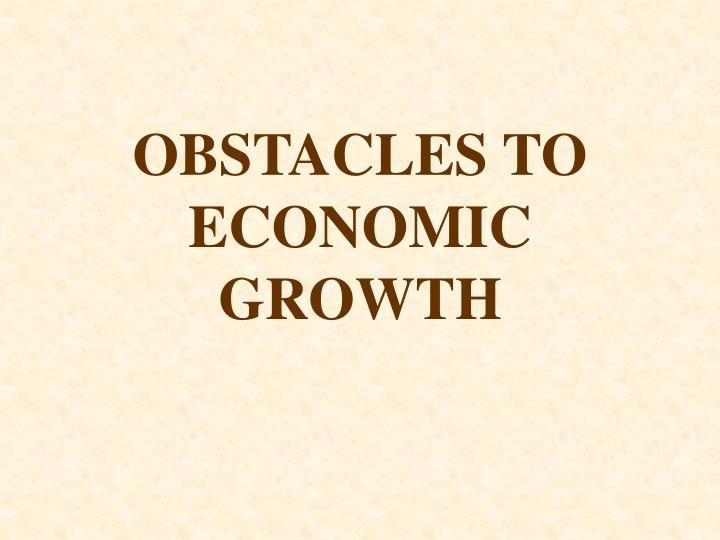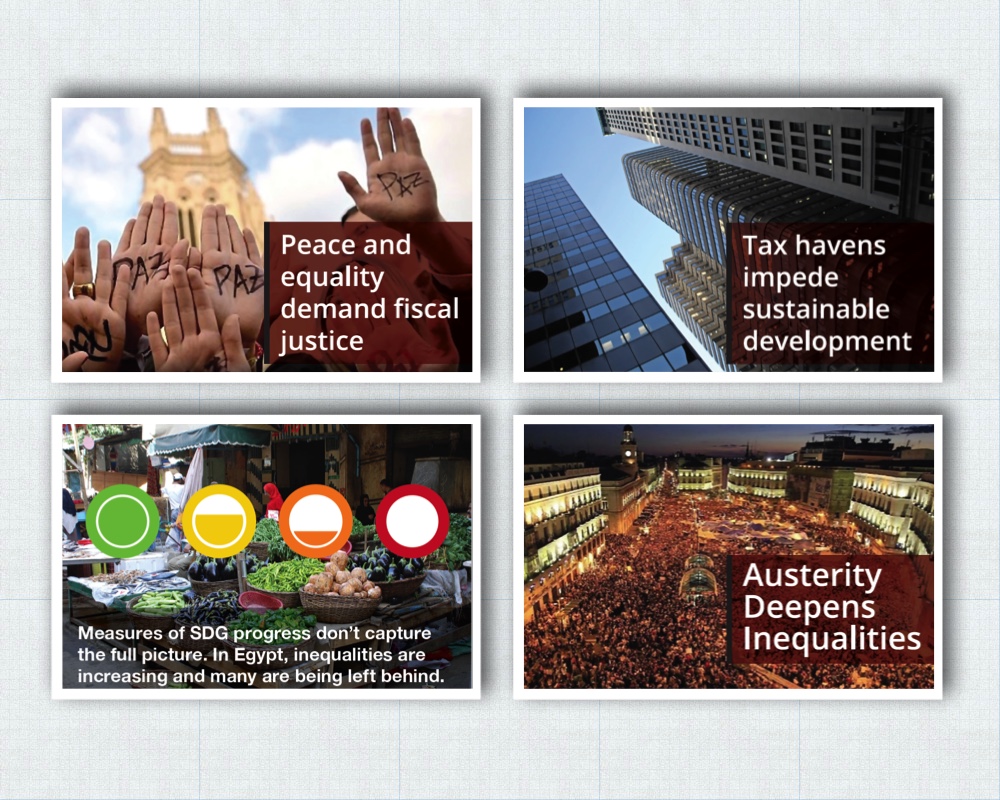Obstacles to development are various challenges or barriers that prevent or hinder the progress or advancement of a country or region. These obstacles can be both internal and external to the country, and they can affect various aspects of a country's development, including economic, social, political, and cultural. Some common obstacles to development include poverty, inequality, conflict, corruption, poor infrastructure, lack of access to education and healthcare, natural disasters, and external influences such as colonialism and globalization.
One major obstacle to development is poverty, which refers to the lack of resources and income necessary to meet basic needs such as food, shelter, and clothing. Poverty can be caused by various factors, including unemployment, low wages, and inadequate social protections. It can also be perpetuated by social and economic inequalities, as those who are disadvantaged may not have the same opportunities for education, employment, and wealth creation as those who are more privileged.
Inequality is another obstacle to development, as it can perpetuate poverty and lead to social and political unrest. Inequality can be economic, such as the gap between the rich and the poor, or it can be based on factors such as race, gender, or ethnicity. When certain groups are excluded or discriminated against, they may not have the same opportunities to participate in the economy or access to resources, which can hinder their ability to improve their lives and contribute to the development of the country as a whole.
Conflict, whether it be civil war or international conflict, can also be an obstacle to development. Conflict can disrupt economic activity, damage infrastructure, and lead to the displacement of populations, which can have long-lasting negative impacts on a country's development. Additionally, conflict can lead to the breakdown of social and political institutions, which can further hinder progress and stability.
Corruption is another obstacle to development, as it can undermine trust in government and institutions, divert resources away from important development projects, and create an uneven playing field for businesses and individuals. It can also discourage foreign investment and undermine the rule of law, which are important for economic growth and stability.
Poor infrastructure, such as inadequate transportation, communication, and energy systems, can also be an obstacle to development. These systems are essential for the functioning of a modern economy and for the delivery of goods and services to citizens. Without them, it can be difficult for businesses to operate efficiently and for people to access essential services such as healthcare and education.
Lack of access to education and healthcare can also be an obstacle to development, as they are important for improving the overall health and well-being of a population and for providing individuals with the skills and knowledge they need to participate in the economy. Inadequate education and healthcare systems can perpetuate poverty and inequality and hinder a country's ability to develop and grow.
Natural disasters, such as earthquakes, hurricanes, and drought, can also be an obstacle to development, as they can cause significant damage to infrastructure, disrupt economic activity, and lead to loss of life and displacement of populations. While it is not always possible to prevent natural disasters, it is important for countries to have strong systems in place for responding to and recovering from these events to minimize their negative impacts on development.
Finally, external influences, such as colonialism and globalization, can also be obstacles to development. Colonialism, in which one country exerts control over another, can lead to exploitation of resources, loss of cultural identity, and political instability, all of which can hinder development. Globalization, on the other hand, can bring economic and cultural benefits, but it can also lead to the spread of harmful practices and the concentration of wealth and power in the hands of a few, which can hinder development for some countries and groups.
In conclusion, there are







